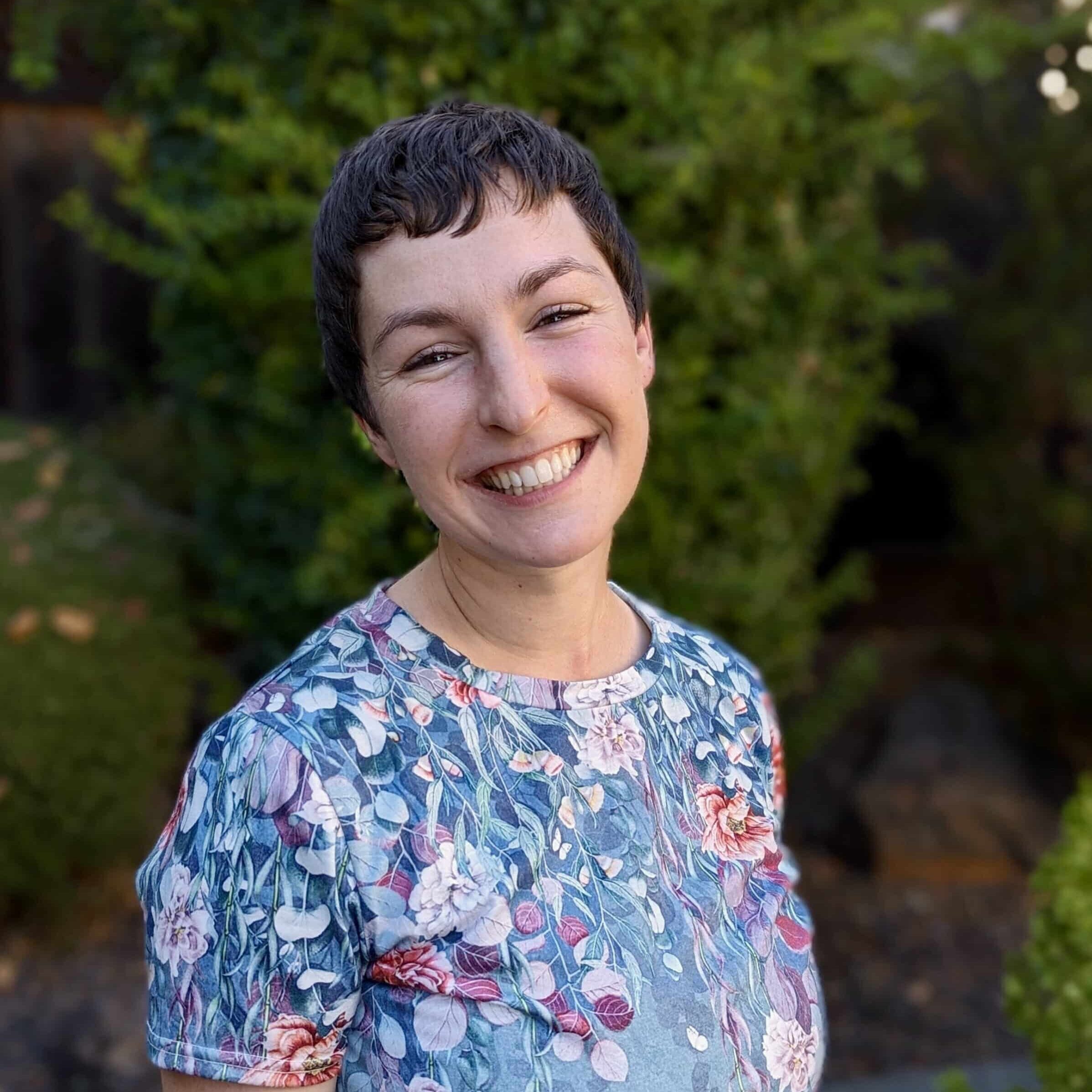Equine therapy, also known as equine-assisted therapy or horse therapy, is a type of therapy that involves interactions between individuals and horses. It is a relatively new form of therapy that has gained popularity in recent years.
Equine therapy originated in the 1960s in Europe as a way to rehabilitate individuals with physical disabilities. It was later recognized as a way to improve mental health outcomes and was introduced as a treatment modality for individuals with mental health concerns such as anxiety, depression, and trauma. The therapy is typically provided by licensed therapists who have received specialized training in equine-assisted therapy.
Equine therapy consists of a variety of activities that are designed to promote physical, emotional, and mental well-being. These activities may include grooming and caring for the horses, leading the horses through an obstacle course, or simply spending time with the horses in a relaxed and peaceful setting. The activities are designed to provide opportunities for individuals to develop relationships with the horses and to engage in activities that promote physical and emotional healing.
Equine therapy is beneficial for the treatment of a variety of mental health concerns. For example, individuals with anxiety may benefit from the calming effects of spending time with horses, which can help to reduce feelings of stress and anxiety. Equine therapy has also been shown to be effective in the treatment of depression, as the activities involved in equine therapy can provide a sense of purpose and fulfillment. In addition, equine therapy has been used as a treatment modality for individuals with trauma, as it provides a safe and supportive environment for individuals to process their emotions and experiences.
One of the unique aspects of equine therapy is the relationship that develops between the individual and the horse. Horses are known for their ability to sense and respond to human emotions, which can make them ideal partners in therapy. Horses are also non-judgmental and offer a sense of comfort and safety that can be difficult to find in traditional therapy settings. This relationship can provide individuals with a sense of connection and trust, which can be important in the healing process.
Equine therapy also provides individuals with opportunities for physical activity and outdoor experiences, which can be beneficial for both physical and mental health. Spending time outside and engaging in physical activity can help to reduce stress and promote relaxation. In addition, equine therapy can help individuals to develop important life skills such as leadership, communication, and problem-solving.
Equine therapy is a unique and effective treatment modality for a variety of mental health concerns. It provides individuals with opportunities for physical, emotional, and mental healing in a supportive and non-judgmental environment. The relationship that develops between the individual and the horse can be a powerful tool in the healing process, and the physical and outdoor aspects of equine therapy can be beneficial for both physical and mental health. Equine therapy is a valuable addition to traditional therapy approaches and can provide individuals with a well-rounded and comprehensive approach to mental health treatment.
Equine therapy has been found to have several benefits for individuals struggling with mental health concerns. Here are some of the benefits:
Equine therapy can be a powerful tool for individuals struggling with mental health concerns. It can help individuals develop important skills and improve their overall well-being.

